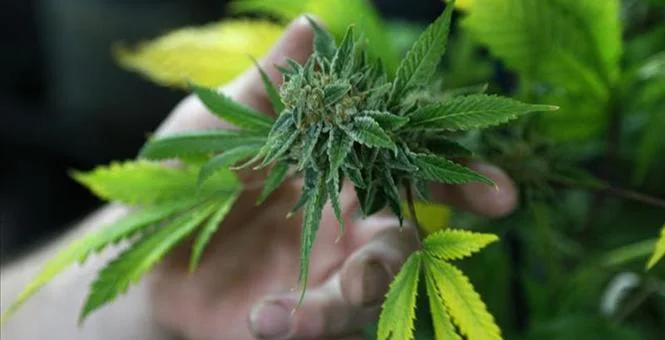4. Marijuana is addicting, has adverse effects upon the adolescent brain, is a risk for both cardio-respiratory disease and testicular cancer, and is associated with both psychiatric illness and negative social outcomes.
-- Statement of the American College of Pediatricians, April 2016 (Marijuana Use: Detrimental to Youth).
5. Marijuana use has significant neuropharmacologic, cognitive, behavioral, and somatic consequences.
-- Statement of the American Academy of Pediatrics, March 2015 (The Impact of Marijuana Policies on Youth: Clinical, Research, and Legal Update)
6. Marijuana use is associated increased incidence and worsened course of psychotic, mood, anxiety, and substance use disorders across the lifespan…and marijuana’s deleterious effects on adolescent brain development, cognition, and social functioning may have immediate and long-term implications.
-- Statement of the American Academy of Child & Adolescent Psychiatry, 2014 (AACAP Marijuana Legalization Policy Statement)
7. Marijuana use may cause impairment in memory, concentration, and executive functioning…and may lead to permanent nervous system toxicity.
-- Statement of the American Academy of Neurology (Position Statement: Use of Medical Marijuana for Neurologic Disorders)
8. There is a strong association of cannabis use with the onset of psychiatric disorders. Adolescents are particularly vulnerable to harm, given the effects of cannabis on neurological development.
-- Statement of the American Psychiatric Association, December 2013 (Position Statement on Marijuana as Medicine)
9. Both marijuana-related hospitalizations and ED visits have increased substantially in recent years. -- Newsletter of the American College of Physicians, January 2016 (Public Health Researchers Look at Rise in Marijuana-related Hospitalizations)
10. Cannabis dependence is not associated with fewer harmful economic and social problems than alcohol dependence.
-- Journal of Clinical Psychological Science, June 2016 (Persistent Cannabis Dependence and Alcohol Dependence Represent Risks for Midlife Economic and Social Problems: A Longitudinal Cohort Study)
11. Repeated exposure to cannabis during adolescence may have detrimental effects on brain resting functional connectivity, intelligence, and cognitive function.
-- Journal of the Cerebral Cortex, February 2016 (Adverse Effects of Cannabis on Adolescent Brain Development: A Longitudinal Study)
12. Negative health effects of marijuana use can include addiction, abnormal brain development, psychosis, and other negative outcomes.
-- New England Journal of Medicine, June 2014 (Adverse Health Effects of Marijuana Use)
13. One in six infants and toddlers admitted to a Colorado hospital with coughing, wheezing and other symptoms of bronchiolitis tested positive for marijuana exposure.
-- American Academy of Pediatrics, April 2016 (One in Six Children Hospitalized for Lung Inflammation Positive for Marijuana Exposure)


























